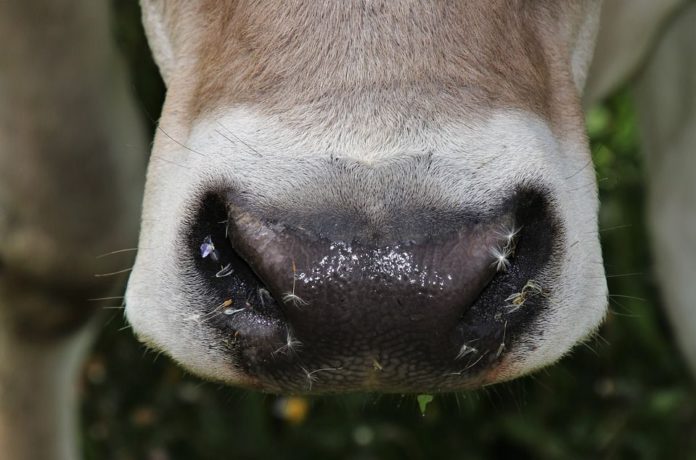Researchers have discovered a method to “significantly” improve in-vitro fertilisation (IVF) in cattle.
Staff from University of Kent, the University of Nottingham and L’Alliance Boviteq Inc have made the breakthrough.
This research has developed a new means of identifying a subset of embryos that rarely lead to a live birth (less than 5% chance) due to carrying chromosome disorders.
Researchers found this process improved overall pregnancy rates in cows by 7.8%, after careful analysis of 1,713 embryos.
They believe it will:
- “Greatly” reduce pregnancy issues in cows;
- Increase overall meat and milk production;
- Become a platform for further research in IVF in humans.
IVF
After humans, cattle are the species in which there is the most interest for IVF. It is usually referred to as in-vitro production (IVP).
According to researchers, approximately one million IVP embryos are transferred worldwide yearly to improve the genetics of the global breeding herd for food production.
Advanced programmes select embryos with traits such as disease resistance, food conversion (reducing waste) and improved meat and milk production.
This, researchers, pointed out, involves a process similar to the one used in human IVF.
Cells are taken from the early developing placenta and diagnosed for certain genetic traits and diseases. However, a high proportion of these cattle embryos fail to grow into calves.
Chromosome disorders are a cause of IVF failure, pregnancy loss and diseases like Down syndrome. However, this is the first time their detection has been shown to improve cattle IVP significantly.
The process, known as preimplantation genetic testing for aneuploidy (PGT-A), is one of the most discussed areas of reproductive medicine in humans.
PGT-A has both vocal opponents and proponents. Therefore, researchers believe these results will inform future treatment in fertility clinics.
Boosting cattle production and platform for further research
Professor Darren Griffin, Professor of Genetics at the University of Kent and senior author of the paper, said:
“This new PGT-A method of embryo identification will be an enormous boost for the cattle production industry. It will also be the platform for further research into this vital science, for which we anticipate seeing the benefits especially in fertility clinics”
The paper ‘Preimplantation Genetic Testing for Aneuploidy Improves Live Birth Rates with In Vitro Produced Bovine Embryos: A Blind Retrospective Study’ is published in Cells.





